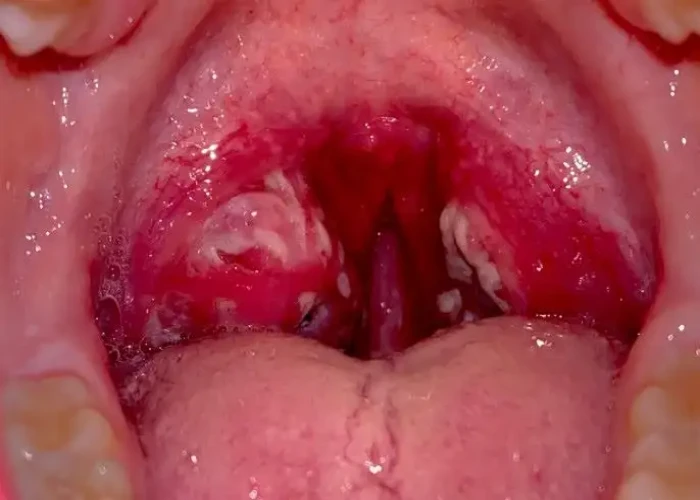 Welcome
Welcome
“May all be happy, may all be healed, may all be at peace and may no one ever suffer."
Strep throat
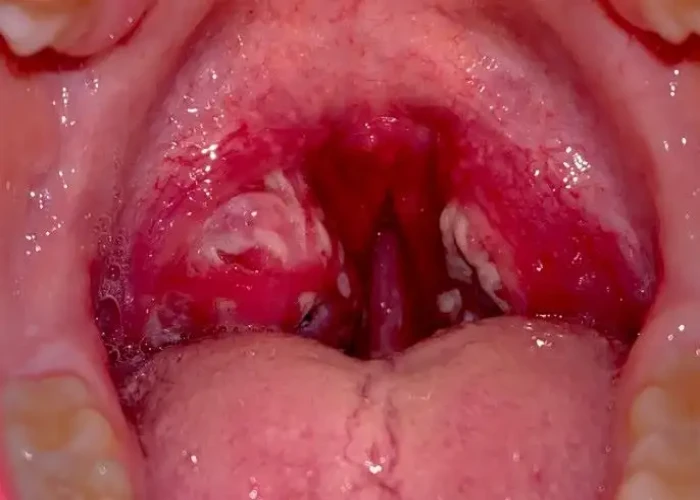
Strep throat is a bacterial infection that affects the throat and tonsils. It is caused by the group A Streptococcus bacteria and is most common in children and adolescents, but it can occur in people of all ages.
The symptoms of strep throat may include:
- Sore throat, often severe
- Difficulty swallowing
- Fever
- Swollen lymph nodes in the neck
- Red and swollen tonsils, sometimes with white patches or streaks of pus
- Headache
- Nausea or vomiting
- Body aches
Strep throat is highly contagious and is spread through close contact with an infected person, such as through coughing or sneezing. It is important to seek medical attention if you suspect that you or your child has strep throat, as it can lead to complications such as rheumatic fever, which can affect the heart and joints.
A healthcare provider can diagnose strep throat through a physical exam and a laboratory test, such as a rapid antigen test or a throat culture. If the test confirms strep throat, treatment typically involves a course of antibiotics to clear the infection and reduce the risk of complications.
It is important to complete the full course of antibiotics as prescribed, even if symptoms improve before the medication is finished. In addition, measures such as rest, staying hydrated, and using over-the-counter pain relievers or throat lozenges may help relieve symptoms and aid in recovery.
Research Papers
Disease Signs and Symptoms
- Throat pain
- Throat pain that usually comes on quickly
- Nausea or vomiting
- Skin rash
- Headaches
- Fever
- Swollen neck
- Neck lump
- Tiny red spots on the area at the back of the roof of the mouth (soft or hard palate)
- Inflamed or swollen tonsils
- Difficulty swallowing (dysphagia)
- Red and swollen tonsils, sometimes with white patches or streaks of pus
Disease Causes
Strep throat
Strep throat is caused by infection with a bacterium known as Streptococcus pyogenes, also called group A streptococcus.
Streptococcal bacteria are contagious. They can spread through droplets when someone with the infection coughs or sneezes, or through shared food or drinks. You can also pick up the bacteria from a doorknob or other surface and transfer them to your nose, mouth or eyes.
Disease Prevents
Strep throat
To prevent strep infection:
- Wash your hands. Proper hand-washing is the best way to prevent all kinds of infections. That's why it's important to wash your own hands regularly with soap and water for at least 20 seconds. Teach your children how to wash their hands properly using soap and water or to use an alcohol-based hand sanitizer if there is no soap and water available.
- Cover your mouth. Teach your children to cover their mouths with an elbow or tissue when they cough or sneeze.
- Don't share personal items. Don't share drinking glasses or eating utensils. Wash dishes in hot, soapy water or in a dishwasher.
Disease Treatments
Medications are available to cure strep throat, relieve its symptoms, and prevent its complications and spread.
Antibiotics
If your doctor diagnoses you or your child with strep throat, your doctor will likely prescribe an oral antibiotic. If taken within 48 hours of the onset of the illness, antibiotics reduce the duration and severity of symptoms, as well as the risk of complications and the likelihood that infection will spread to others.
With treatment, you or your child should start feeling better in a day or two. Call your doctor if there's no improvement after taking antibiotics for 48 hours.
Children taking an antibiotic who feel well and don't have a fever often can return to school or child care when they're no longer contagious — usually 24 hours after beginning treatment. But be sure to finish all the medicine. Stopping early can lead to recurrences and serious complications, such as rheumatic fever or kidney inflammation.
Symptom relievers
To relieve throat pain and reduce fever, try over-the-counter pain relievers, such as ibuprofen (Advil, Motrin IB, others) or acetaminophen (Tylenol, others).
Use caution when giving aspirin to children or teenagers. Though aspirin is approved for use in children older than age 3, children and teenagers recovering from chickenpox or flu-like symptoms should never take aspirin. This is because aspirin has been linked to Reye's syndrome, a rare but potentially life-threatening condition, in such children.
Disease Diagnoses
Disease Allopathic Generics
Disease Ayurvedic Generics
Disease Homeopathic Generics
Disease yoga
Strep throat and Learn More about Diseases

Behcet's disease

Throat cancer

Common cold in babies

Anterior prolapse (cystocele)
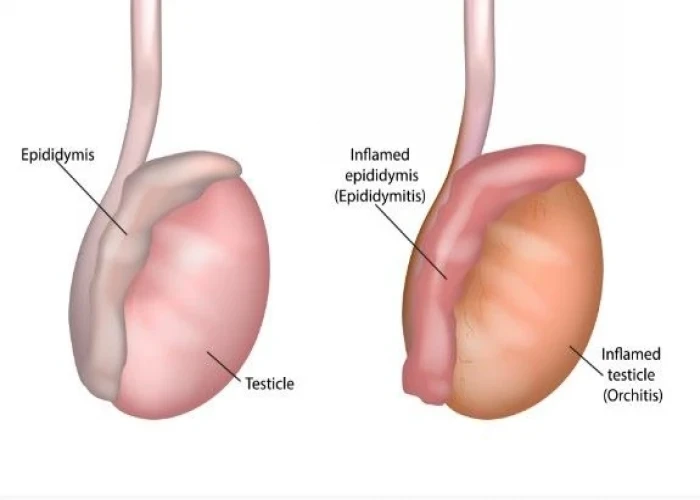
Orchitis
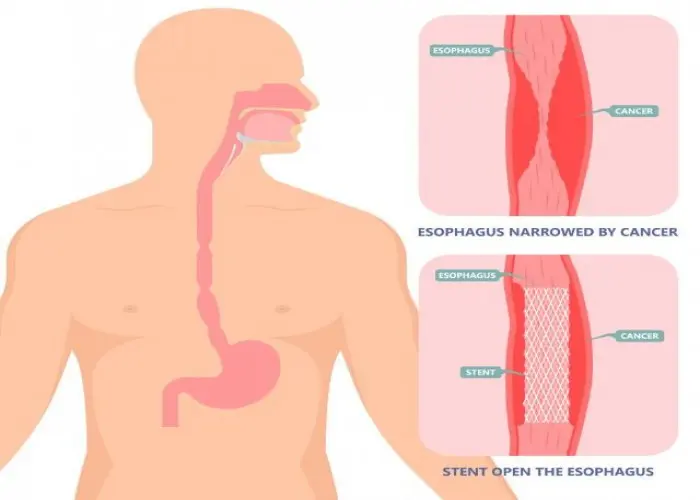
Epiglottitis
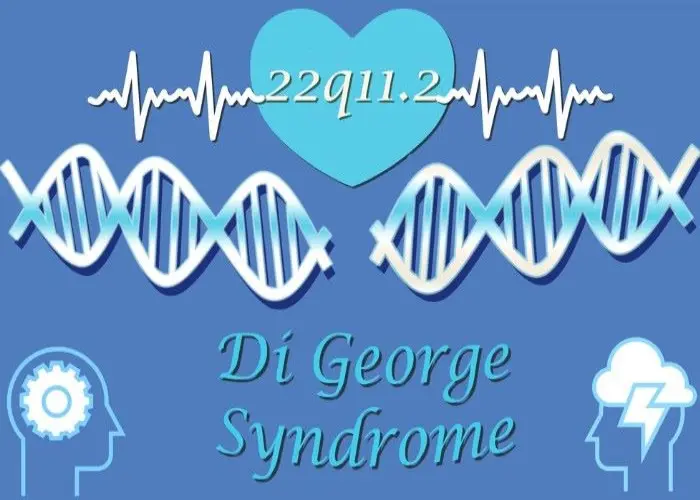
DiGeorge syndrome (22q11.2 deletion syndrome)
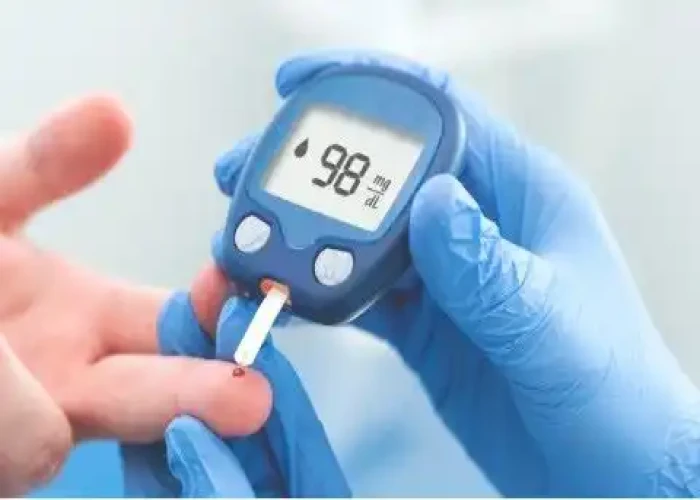
Type 2 diabetes in children
strep throat, স্ট্রেপ থ্রোট
To be happy, beautiful, healthy, wealthy, hale and long-lived stay with DM3S.
